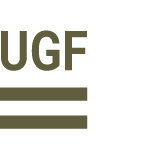Uzbekistan
is one of the world’s largest cotton exporters, and the government of Uzbekistan uses one of the largest state-orchestrated systems of forced labor to produce it.
is one of the world’s largest cotton exporters, and the government of Uzbekistan uses one of the largest state-orchestrated systems of forced labor to produce it.
the Uzbek government forcibly mobilizes over a million citizens to grow and harvest cotton. Farmers are forced to grow cotton and deliver production quotas under threats of penalty, including the loss of the lease to farm the land, criminal charges and fines. Over a million citizens are forced to pick cotton and deliver harvest quotas under threat of penalty, including expulsion from school, job loss, and loss of social security benefits.
Each year, the forced-labor system of cotton production has claimed the lives of several Uzbek citizens, and many forced to pick cotton are exposed to unknown chemicals in the fields, unsanitary housing, and lack of safe drinking water.
the government mobilized schoolchildren on a mass scale to pick cotton. Due to sustained pressure from local and international organizations and foreign governments over many years, in 2012 the Uzbek government began to shift the demographics of its forced labor policies.
the government has increased the use of forced adult labor. Massive mobilization of teachers, doctors, nurses and other adults to the cotton harvest has degraded education and health services. It has also led to widespread extortion of individuals and businesses, with officials demanding contributions individuals and businesses, including multinational enterprises.
of the Uzbek cotton sector support only a tiny government elite. The system traps farmers in poverty, and the state profits from sales to global buyers.
ends up in brand-name retail and apparel supply chains and therefore on consumers, despite repeated calls for an international boycott of cotton from Uzbekistan.
harasses, detains, and exiles Uzbek citizens who call for recognition of human rights, violating their human rights and denying freedoms of speech and the press.
of cotton production violates Uzbek labor laws and fundamental international labor and human rights conventions ratified by the Uzbek government, including the International Labour Organization Abolition of Forced Labour Convention (No. 105), International Convention on Civil and Political Rights (Article 8), the Protocol to Prevent, Suppress and Punish Trafficking in Persons (supplementing the United Nations Convention against Transnational Organized Crime and also known as the “Palermo Protocol”), and the Universal Declaration of Human Rights (Article 23).
For more information about the Uzbek system of cotton production, see the webpages of CottonCampaign and Uzbek German Forum for Human Rights.

